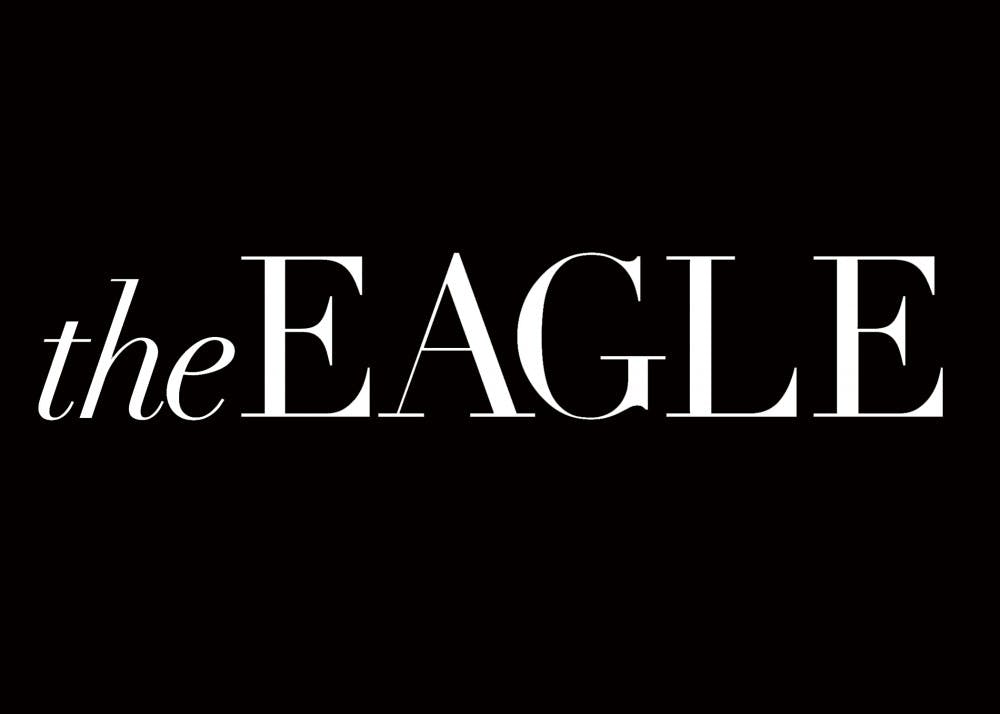After two and a half years of development, the Student Involvement Fund is being put into place. This initiative from Student Government and AU Club Council will select 20 students to receive $500 each for displaying "worthwhile dedication to their organizations,” as reported by The Eagle.
The money for this fund comes from AU Student Government, AU Club Council and AU Student Media, of which The Eagle is a member. The total allotment is $10,000 for the fund from each of these organizations, which are funded by the student activity fee. There is an application process where members of the Budget Advisory Committee (BAC) will determine who receives the funding. In the wake of this announcement, there was controversy among the student body.
Students argue that those who devote serious time to clubs may already be in a stable enough financial position that they would not need the $500. Others feel that giving such a small amount of money shows the lack of awareness of the costs to students, as $500 is equivalent to about three weeks of work, part-time, at D.C. minimum wage. Students feel that as this fund is not targeted towards supporting low-income students, it may not help the students who would want to get more involved but cannot.
Low-income students generally do not feel supported by the University, and having a fund like targeted towards them would show that support. However, it is not necessarily true that students who already are very involved on campus are not low-income. There are plenty of students who do it all: club leadership, classes and a job. The assumption that students who are very involved on campus are coming from a place of financial privilege ignores all the hard work that students not coming from those places do on campus every semester and leaves many students out of the conversation. Even if students have higher incomes, this does not negate that those students are often working very hard to support their clubs, and it is worth supporting that. Students on campus advocate for supporting each other, and this fund aims to do so.
What is unclear is how the allocation of these funds will be decided. As The Eagle reported, students applying for this fund will need to write an essay about their involvement and receive verification from their faculty advisor. Students who are currently in stipend positions cannot apply, and once a student receives the funds, they cannot apply again. There is no clear idea of what BAC is looking for in applicants, other than that the process will be blind. It was also emphasized that quality, rather than quantity, of involvement would be considered, but that still does not give students a clear picture of who should be applying. Every scholarship has clear qualifications, rubrics and even key words; this information should have been shared before the application ever went live, and not retroactively, or never at all. There may be ideal students that this funding would make a difference for, but without a clearly defined desired applicant, some may never apply.
Another flaw is that students often must commit to club leadership or participation before knowing whether or not they will receive the funds. Without knowing this, some students who would have been great leaders and candidates for the funds will never be that involved. If these funds were more clearly targeted to different communities on campus that often feel unsupported, like students of color or low-income students, then it may be more clear that these funds would be able to help. This fund will most likely not push students to join more clubs and over stretch themselves more than students on campus already do. However, for all its good intentions, it may leave some students out of the picture.
There is no reason not to encourage students to be involved with organizations on campus. Campus life is what brings students to universities across the United States, and the University is particularly boastful of its hundreds of registered student organizations. This fund, however, has not been implemented in an ideal way for the student body, and it remains to be seen how student criticisms may change things. This funding is a low enough amount to not make any potential changes to student financial aid, but for that same reason may not make much of a difference to individual students either. When so many club and organization leaders on campus are already pouring their time and often their own money into their organization, the $500 may just buy a club some new equipment, rights to plays or costumes for dance performances.
Students are dedicated to the communities they’ve made on campus through these organizations. Recognizing that is well-intentioned and worthwhile, but that support would be more clear coming from the actual University administration, and not just umbrella student organizations. Until that happens, $500 is a first step of what will hopefully be continued efforts to honor students’ hard work at making AU a campus worth getting involved in.
As a member of AU Student Media, The Eagle is one of the organizations that will be funding the Student Involvement Fund through the BAC.
opinion@theeagleonline.com





